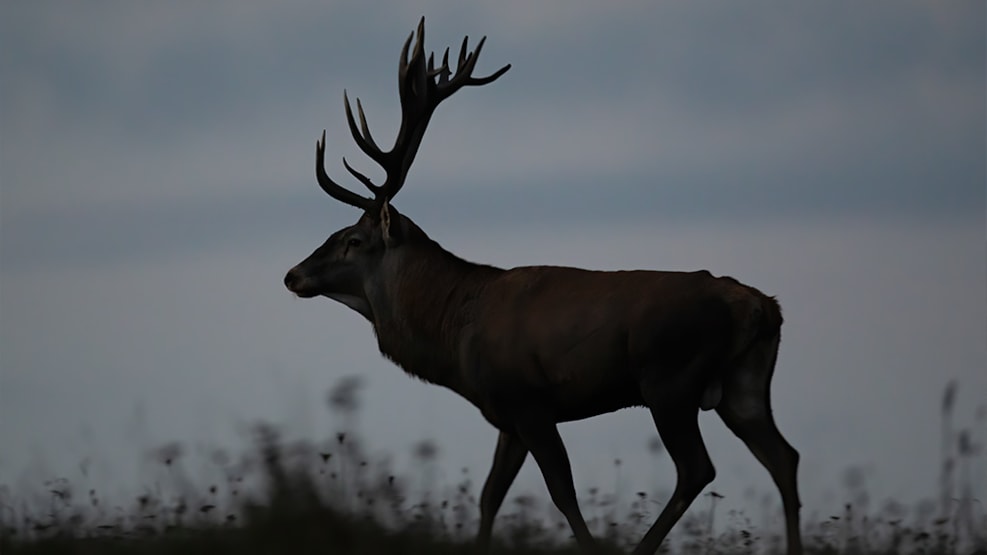
Geopark: Dyrehaven i Det Sydfynske Øhav
In the 1200s most of the South Fyn Archipelago served as a deer park for the King.
The deer park was a culmination of geopolitical needs and geographical conditions. One night in May of 1223, it became the centre point of one of the greatest political catastrophes in Danish history, namely the capture of Valdemar the Conqueror and his son on Lyø. This kidnapping tipped the balance of power in the western Baltic Sea towards the Hanseatic League and the North German princes.
The deer park was a known phenomenon in the 1200s but was reserved for the absolute elite of society. Hunting was done with bow and arrow or horse and spear, but it was definitely not for the purpose of providing food. It was a carefully choreographed sport which, in addition to functioning as an amusing social setting, would also offer the participants a chance to demonstrate their skills in horse riding, using weapons, and acting as tacticians. However, to make this possible, it was necessary to have proper hunting areas and this is where the deer parks came into the picture. In enclosed deer parks it was possible to breed the right combination of game, deer in particular, and to also have landscape that was suitable to creating the best hunting experience.
The small islands in the Archipelago seemed as though they had been created just for this purpose. The water formed a natural barrier for the game, and the different islands presented a variety of terrains. We know from the Valdemar urbarium from 1231 that the islands had had roe deer, fallow deer, and red deer as well as horses. The latter were not hunting game but rather generated stock for the royal horses.
Archaeological finds have confirmed the presence at least of red deer and distinguished pieces of clothing – perhaps lost by an unfortunate hunter?
The deer park in the Archipelago gives you a glimpse of the special role the area served in the political scene. Being located close to the border of the continent, it was easily accessible to foreign princes, who could avoid travelling deeply into the foreign country. Thus, it was also an attractive meeting place for the elite of society.